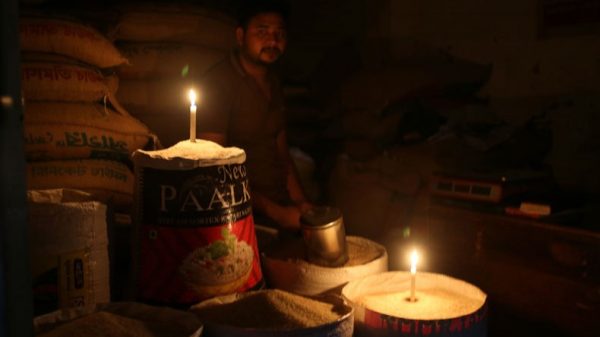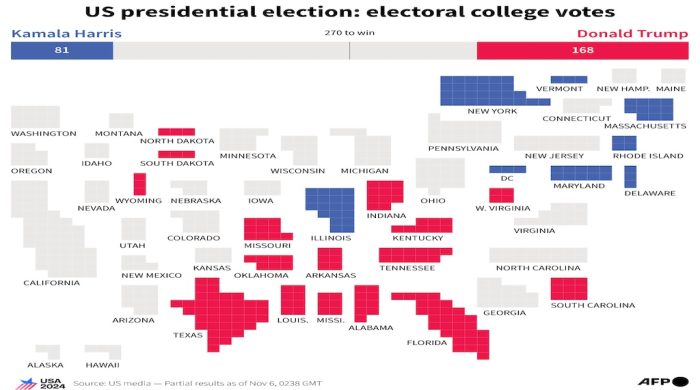Frequent power cuts push up living costs

- Update Time : Saturday, June 17, 2023
- 32 Time View

The increased power outages are costing people extra money to make up the shortage of electricity by purchasing rechargeable bulbs and fans and running generators with costly diesel.
The situation is more severe in big cities, especially in Dhaka, where people rely heavily on uninterrupted electricity supply for maintaining daily life, said affected people.
Sikdar Nizamul Haq, a private service holder living in an apartment of a seven-story building in the city’s KM Das Lane, said that the management committee was struggling to maintain emergency electricity supply and other services with an extra monthly fee of Tk 5,000 from each of the residents.
Nizamul, who is also a member of the committee, said that this had happened because of the need for additional diesel to run the generator to maintain lift and operate the water pump for the overhead reservoir.
The management committee has, meanwhile, decided to suspend the operation of the elevator with the generator electricity to cope with the financial situation, he said.
‘Nowadays, we are facing power outage for around three hours a day,’ he added.
But such management in electricity consumption is difficult for others as the buildings are tall.
The elevator is the most indispensible requirement for urban mega structures that according to the Lift and Escalator Association of Bangladesh doubled the annual demand for the machine in 2021 from 3000 in 2018.
A resident of the city’s Uttar Badda said that the monthly fuel bill for running the diesel-fired generator rose to more than Tk 12,000 in May from Tk 4,000 in previous months.
He said that they experienced power outages in phases for around five hours during the month when repeated heatwaves amid scanty rain made life miserable.
The frequent power cuts also forced the city people to make throng electrical goods shops for instant power supply equipment, rechargeable fans and rechargeable lights.
Because of the high demand, the prices of such items also went up two-to-threefold. Still, the consumers are not getting these rechargeable appliances as the stock went out.
The price of a lead-acid battery, an indispensible element of instant power supply, or IPS, machines rose at least four times in recent months, said Delwar Hossain, a dealer in Hamco batteries.
A battery-powered IPS machine, which is capable of storing electricity for two fans and two bulbs at a time, now sells at Tk 17,500 from around Tk 15,000 six months ago, he said.
The high demand for and price hikes of imported raw materials amid the power crisis have been attributed by city battery dealers for the price spiral of the item by more than 16 per cent in recent months.
City dwellers noted that the extra costs for power had been an additional burden on them when the price spiral of essentials had already made a big dent in their pockets.
The overall inflation in May was decade-high at 9.94 per cent as the prices of both food and non-food items increased further.
The living expense of the city people has increased substantially for the persisting high inflation over the past one year, said Consumes Association of Bangladesh president Ghulam Rahman.
Moreover, they are forced to spend extra money for power because of frequent power outages although the country’s power generation capacity is much higher than the demand.
Available data from the Power Development Board shows that the country’s power generation capacity rose to around 24,000 MW against the demand for just more than 15,000 MW.
But the current production hovers below 12,000 MW causing frequent outages throughout the country.
On June 4, state minister for power, energy and mineral resources Nasrul Hamid in a statement in the parliament admitted that the shortage of dollars was preventing them from importing necessary primary fuels.
The shortage of primary fuels has resulted in the closure of the 1,320MW coal-fired power plant at Payra, the country’s biggest power unit, despite three rounds of power price hikes in January.
Former World Bank Dhaka Office chief economist Zahid Hussain said that the cost of living in the capital had grown substantially in recent years due to the increased bills for electricity, gas and water.
However, none of the service is up to the mark and this is causing economic losses to the consumers, he said.
In a report released by the WB in March said that despite impressive gains in energy capacity over the past decades, power outages remain common in Bangladesh, including more than 400MW storm-induced power outages on average each year.
The economic losses due to unreliable electricity to households and firms are estimated at $3.3 billion annually or 1.5 per cent of the GDP, said an WB observation in connection with its report ‘First Green and Climate Resilient Development Credit’.

























